by Jarrett Hoffman
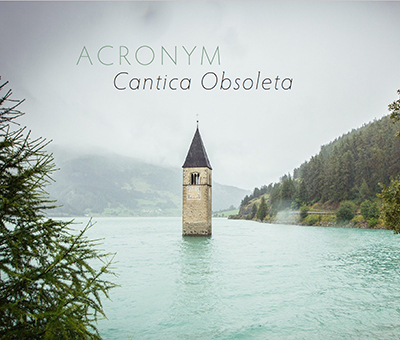
by Jarrett Hoffman

by Jarrett Hoffman
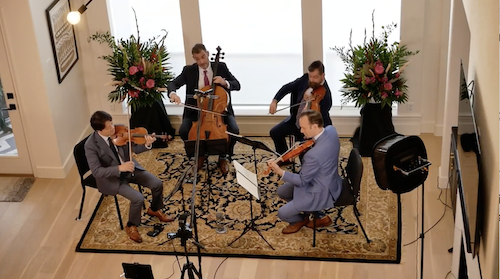
by Jarrett Hoffman
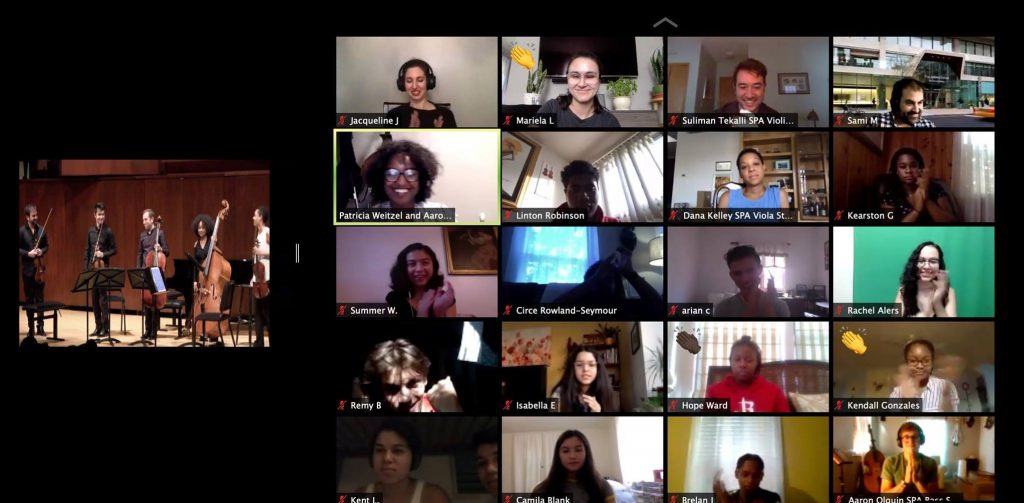
SPA, as the festival is known, is a full-scholarship program focusing on chamber music and solo playing for string players ages 11-17 who come from cultural backgrounds that are underrepresented in classical music. It’s one of the many programs of the Detroit-based Sphinx Organization, founded in 1997 and devoted to diversity in the arts.
Multiple conservatories and schools of music have hosted SPA since it launched in 2004, including the Cleveland Institute of Music since 2017. And with physical hosting out of the question this year, the CIM-affiliated session will run online from July 25 to August 8. (That will follow other virtual sessions of SPA that took place earlier in July and June through partnerships with the Curtis Institute of Music and the Juilliard School.)
by Jarrett Hoffman

by Jarrett Hoffman
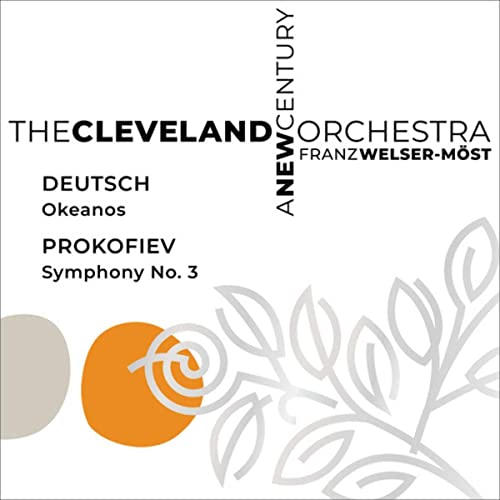
We begin with the world premiere recording of Okeanos, Bernd Richard Deutsch’s concerto for organ and orchestra, featuring Paul Jacobs as soloist. The title refers not only to the Titan of Greek mythology, but also “to an idea of immense (and sometimes unfathomable) greatness and breadth, which conjures up in my mind the thought of the organ,” as Deutsch writes in his notes. [Read more…]
by Jarrett Hoffman
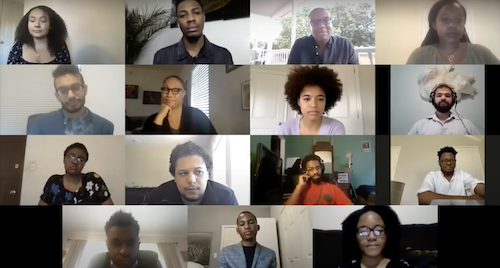
On Friday, June 19 (Juneteenth), fifteen recent Oberlin graduates and current students gathered over Zoom on the topic of “Black Voices in the Conservatory.” Presented by the Oberlin College Black Musicians’ Guild and moderated by Troy Stephenson, a 2020 graduate in viola performance, that discussion included perspectives from both the jazz and classical spheres.
Broadcast on social media by Young Concert Artists and The Violin Channel on Wednesday, June 10, “Learning to Listen” brought together twelve diversity advocates and classical musicians from across the country — soloists, orchestral players, chamber musicians, educators, composers, and administrators — including a few faces familiar to Northeast Ohio.
by Jarrett Hoffman
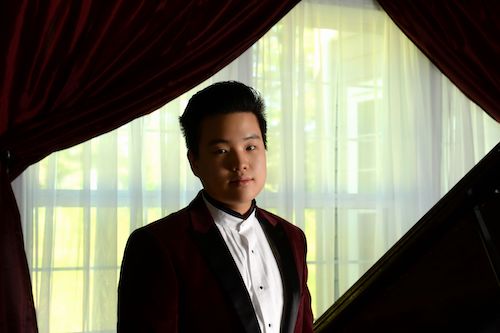
Lu is dedicating the concert to Breonna Taylor, George Floyd, Ahmaud Arbery, “and every single member of the African-American community whose lives and futures were cut short because of the cruelty of a broken system that for centuries has failed them,” the pianist said during a recent conversation.
For every donation made to the 5pm Series for Lu’s concert, he will match it in giving up to a total of $200 to the NAACP. He will also donate all of his proceeds to the International Rescue Committee (35%), the Asthma and Allergy Foundation of America (30%), and back to the 5pm Series (35%) “to help increase the reach of their platform and support professional musicians during these difficult times with the coronavirus pandemic.”
by Jarrett Hoffman

by Jarrett Hoffman
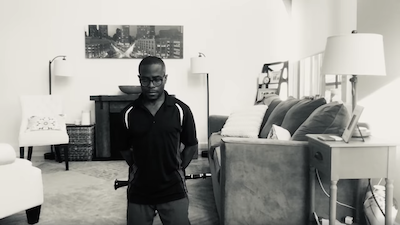
On Wednesday, May 27, the principal clarinet of the New York Philharmonic posted to his Facebook page a powerful written message and a short video: his performance of a deeply sad arrangement of America the Beautiful. Since then, 70,000 people have watched that original video, and a countless number of musicians and other artists have responded by adding their voices in solidarity.
Hymns, spirituals, jazz, classical, folk songs, pop, new compositions, dance performances, visual art, or no art at all — the responses have been highly varied, though nearly all of them include the gesture of getting down on two knees in a moment of silence. The emotional experience of taking in these forms of expression cannot be put into words.
by Jarrett Hoffman
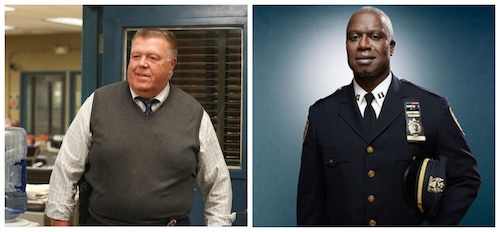
It might surprise you that the answer is a cop comedy — NBC’s Brooklyn Nine-Nine, which recently finished its seventh season and has been picked up for an eighth. The show is about the fictional 99th precinct in Brooklyn, NY, and the group of oddball police officers who work there, including two with a fondness for classical music.
One of them is Detective Norm Scully (played by Joel McKinnon Miller). He’s one of the two “magnificent oafs” of the precinct — a best-friend pairing of older cops whose main interests are greasy food and comfy chairs. But going against trope, Scully also sings opera.